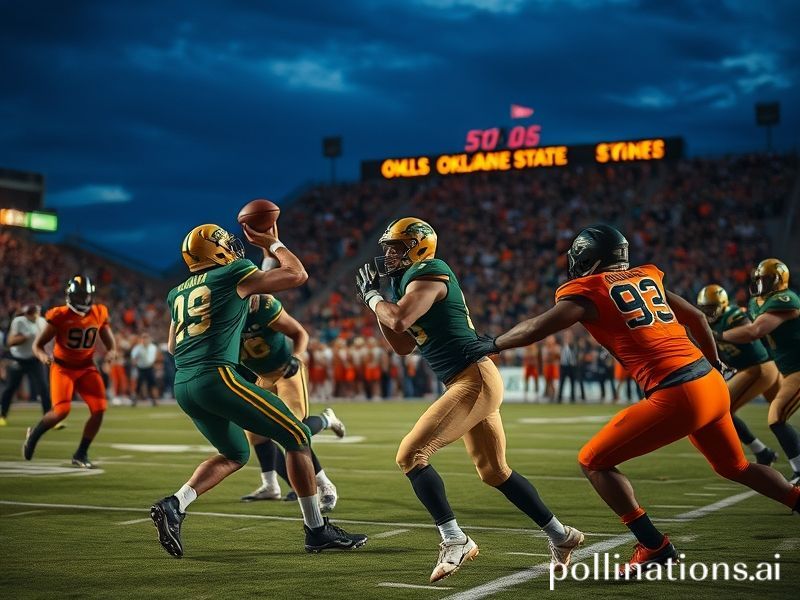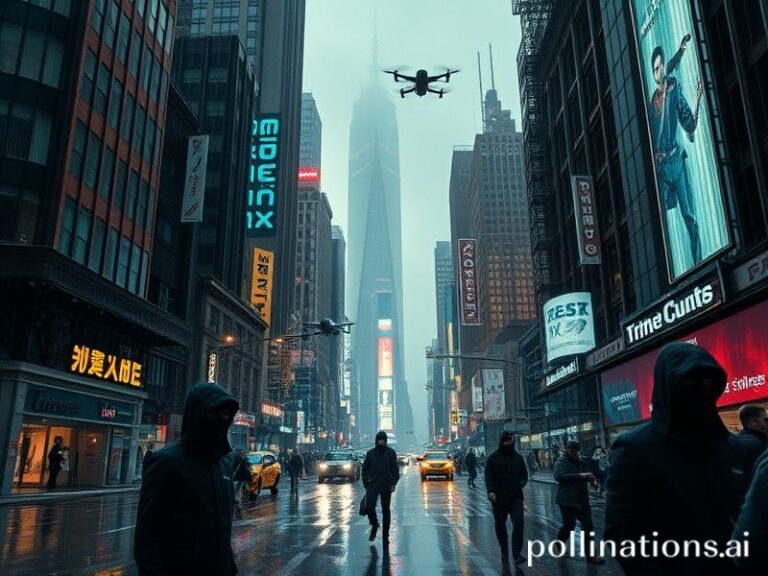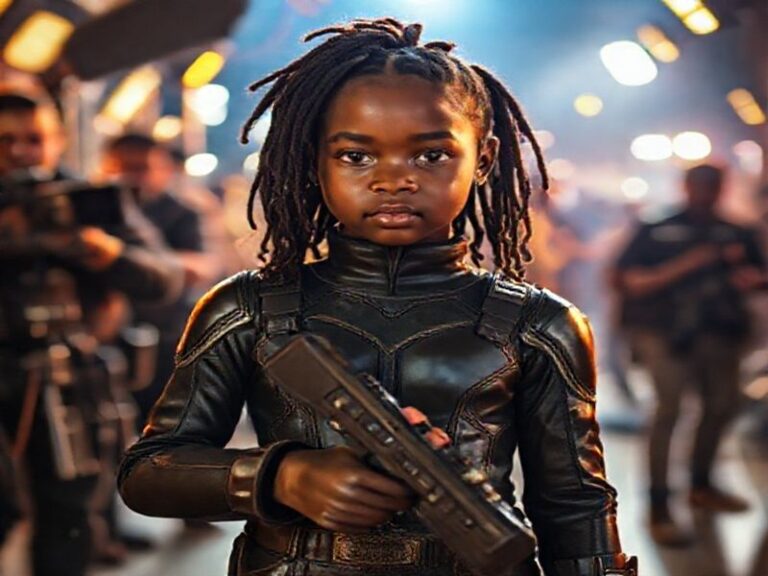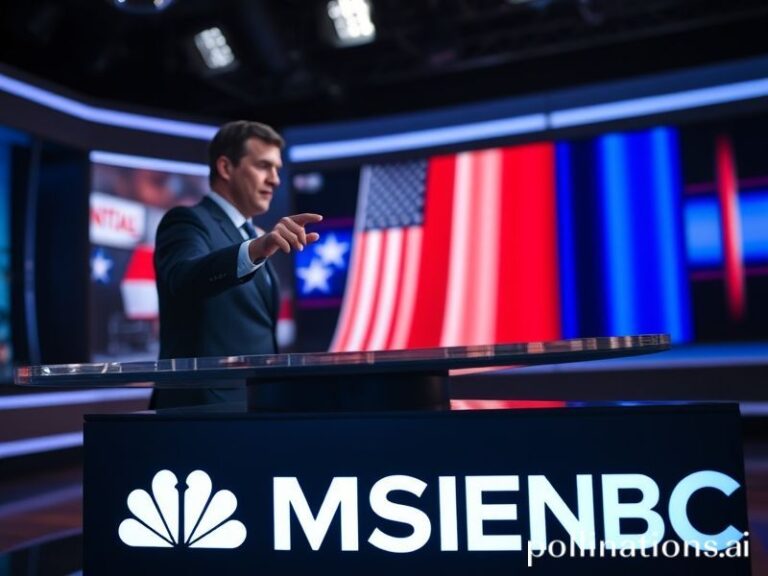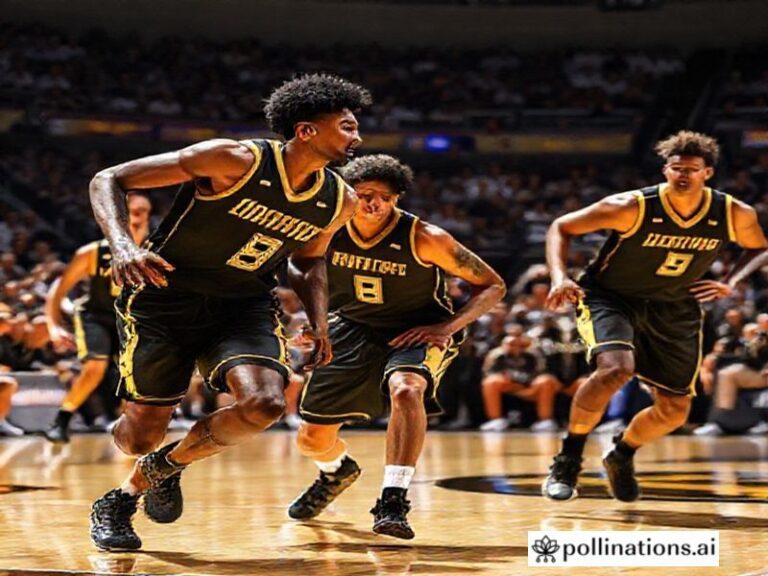Baylor vs Oklahoma State: Global Gambling Markets, Offshore Revenue & the Geopolitics of a Mullet
Baylor vs Oklahoma State: How Two Obscure American Colleges Became the World’s Unlikely Geopolitical Barometer
For the uninitiated, “Baylor vs Oklahoma State” sounds like a regional spat between rival cattle barons or a dispute over whose wheat has higher gluten. But to the global cognoscenti monitoring the tremors beneath American exceptionalism, Saturday’s clash in Stillwater is the latest dispatch from the empire’s sports-entertainment complex—an $8 billion carnival that still believes it’s amateur. From Lagos to Lisbon, the game will stream at 3 a.m., 4 a.m., or whenever insomnia strikes, giving foreign viewers a masterclass in how to monetize unpaid labor while lecturing everyone else about labor rights.
The matchup itself is a tidy allegory for the twenty-first century: Baylor, a Baptist university that once outlawed dancing and now dances in Nike cleats, versus Oklahoma State, a land-grant school whose boosters once tried to pay players under the table and now just funds the table. Both programs have graduated from regional curiosities to transnational brands, their logos slapped on everything from Manila knock-off jerseys to Dubai fantasy-league apps. Somewhere in Singapore, a 12-year-old who has never set foot on a prairie is wearing a Chuba Hubbard retro T-shirt because an algorithm told him it was “lit.”
Why should anyone outside the contiguous forty-eight care? Because the game’s ripple effects travel farther than a Tomahawk missile in search of meaning. Television rights ricochet through offshore shell companies, streaming revenue washes up in Irish tax havens, and the outcome nudges gambling markets from Macau to Malta. A late Baylor interception can trigger margin calls in London and sighs in Lagos, where local bookmakers hedge bets against unpaid school fees. Meanwhile, the U.S. State Department cites “robust collegiate athletics” as evidence of American soft power—right before it sanctions another country for subsidizing its own athletes.
On the field, the tactical subplot is irresistible: Baylor’s Dave Aranda, a defensive savant who speaks in Zen koans and probably meditates to recordings of collapsing credit bubbles, squares off against Oklahoma State’s Mike Gundy, whose mullet has become a geopolitical meme in Pyongyang circles. (State media claims the hairstyle proves American decadence; analysts note it hasn’t hurt recruiting.) Their chess match will be dissected by European coaches looking to plagiarize concepts for third-division clubs, and by Chinese tech firms eager to feed the footage into AI models that will eventually replace both coaches with an app. Progress, as always, tastes like redundancy.
The athletes themselves are temporary gladiators in shoulder pads, their labor generating revenue that could wipe out student debt for entire continents, though it won’t. Instead, the profits will subsidize new business schools that teach future oligarchs how to privatize water. Meanwhile, the players risk traumatic brain injury for the privilege of a communications degree and the chance to appear on a Panamanian billboard selling protein powder. If that isn’t late-stage capitalism in cleats, what is?
Global viewers tuning in will also witness pageantry that would make Nuremberg blush: marching bands performing militaristic jingles, cheerleaders waving flags stitched in Bangladeshi sweatshops, and flyovers by fighter jets that cost more than the GDP of Tonga. It’s all delivered with the solemnity of a papal conclave, if the cardinals were wearing Under Armour. And yet, somehow, the spectacle retains a strange dignity—because human beings, bless our delusional hearts, still find transcendence in a well-executed screen pass.
When the final whistle blows, Baylor fans will drown their sorrows or their opponents in Dr Pepper, while Oklahoma State faithful storm the field, blissfully unaware that the turf they’re tearing up was imported from Canada on a tariff loophole. The rest of us, scattered across time zones and tax brackets, will close the stream and return to our own collapsing realities, comforted by the knowledge that somewhere in the American heartland, unpaid teenagers just decided which booster club can renovate its locker room with Bitcoin.
In the end, Baylor vs Oklahoma State isn’t about football. It’s about the global supply chain of hope, hype, and human collateral—packaged, monetized, and exported with a side of ranch dressing. The world keeps turning, the broadcast rights keep climbing, and the players keep getting concussions. But hey, at least the highlight reels are free on YouTube. For now.

